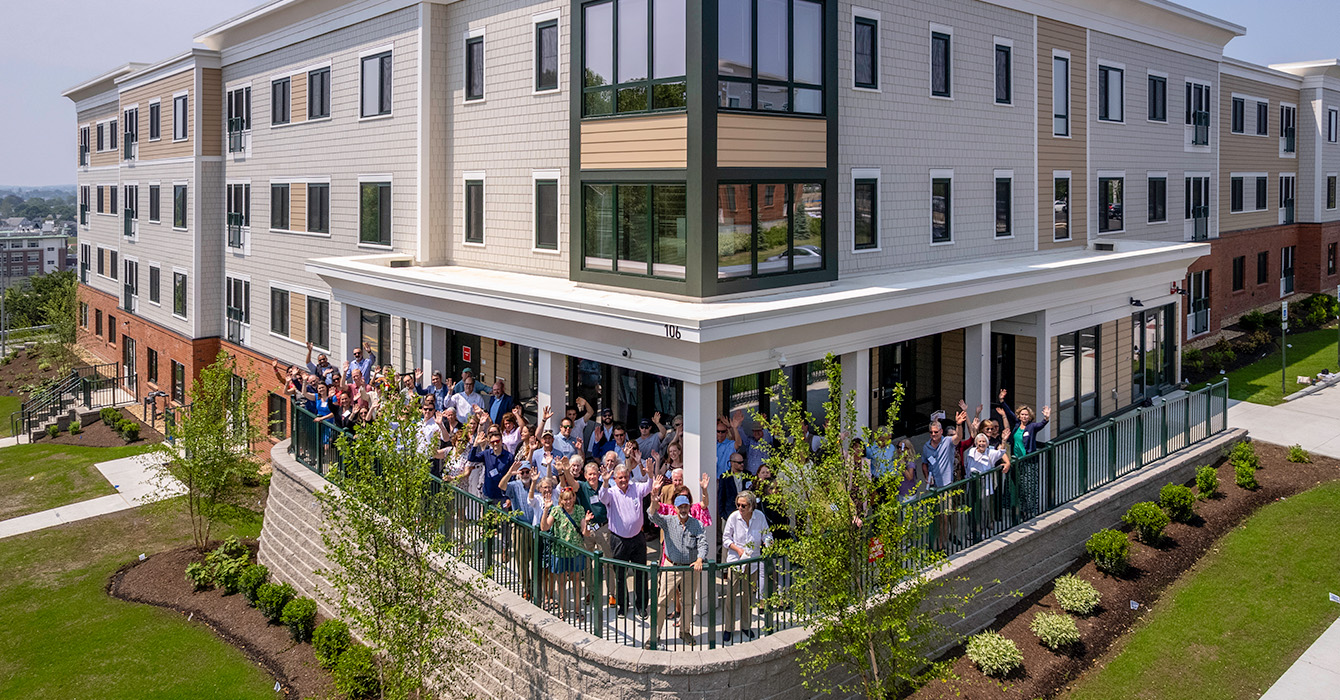I’m built for small church. I love healthy churches that feel no compulsion to grow -- churches that form coalitions to do big works of love and see their primary work as worshipping God and knowing one another well. I’m grateful that my church pays me a living wage, benefits for my family, retirement for my future.
But it’s not difficult to see that small church life will be hard to sustain. Our church is among the roughly 85% of American congregations with fewer than 250 members. In these churches, most of the work is done, and most of the pews are filled, by older adults.
I’ve seen fingers pointed -- and sometimes wagged -- at millennials (a generation of which I am on the cusp). Op-eds place blame on generational selfishness or faithlessness. Conference speakers and Christian authors cite millennials’ “busyness,” their insatiable desire to fill life with experiences. Church growth experts say the church can no longer compete in a market of “meaning making” that includes brunch clubs and yoga.
But I’ve yet to hear blame placed where I think it’s most due: at the feet of today’s bosses.
A few years ago, the Harvard Business Review looked at a study on the workaholic culture of millennials, who are now midcareer professionals entering their early 40s. People from this generation, HBR says, are less likely to use their vacation time, instead playing the role of “work martyrs,” picking up the slack when no one else will. They forfeit vacation time at significantly higher rates than the previous generation.
Researchers remind us that millennials came of age in a wrecked economy, aware that shifts beyond their control could upend their hopes of financial stability. Why take a chance that the boss could replace you? Safer to overperform, they conclude.
Bosses seem to be getting the message -- and, rather than making work-life balance intrinsic to workplace culture -- are exploiting this anxious generation. My little church is brimming with stressed-out people who skip church to finish something they couldn’t complete in a 40-hour workweek.
The fear of an unstable economy is coupled with the reality that only the already rich are succeeding. Most young adults I know pick up gig work in addition to their full-time jobs and school. They don’t spend their evenings at worship committee meetings, or planning children’s ministry. They track down Lime scooters to recharge or cruise for Uber passengers. Others pick up extra projects at the office that require them to stay later.
For churches whose greatest need is time, an economic model that prizes those who work the longest creates an impossible competition.
I, too, have laid the blame on workers. I’ve bought into what a lot of church professionals have told me: people are too busy, too irreligious, too selfish. But I don’t think it’s any of those things; I think it’s actually that congregants are exhausted.
My parishioners scrounge for health care, drown in student debt and create spreadsheets of day care costs to see whether they can afford to have children. This economic system is not one from which my congregants can extract themselves; it is a force that controls their lives.
We’ve been sold the notion that churches can preach work-life balance and then get more volunteers. But that doesn’t take seriously the financial stress of the economic culture.
So what can we do? We can pay people to do church for us (which is why megachurches are on a meteoric rise and small churches are dying) -- or we can help people organize to resist their bosses.
If this sounds like a strange use of time for the church, we should look back at our history.
Christians have deep roots in the labor movement. The broad tradition of organizing out of faith spans the centuries of American history. The church has long worked for just labor and social equity. It’s time to examine why we aren’t doing that now.
It was the Scottish immigrant and printer Andrew Cameron who, out of his devout religious identity, helped form the first national labor union in the U.S. in 1866. He constantly reminded people that Jesus spent his young adult years as a laborer -- a worker like them.
The Catholic “labor priests” John Ryan and Francis Haas also pressed collective bargaining rights into the 1930s New Deal out of their convictions that just labor laws were at the heart of Catholic social teaching.
Small churches can skim the surface, blaming a faithless generation or a lack of innovation for the decline of our congregations. We can give up and start professionalizing every aspect of church life. Or we can see that our people are hurting. Many are underpaid, struggling with debts and unsure about the future.
When I imagine the church of the future, when I imagine a place for myself in it, I see myself here -- instilling the skills and fire in church members to organize for just labor and social equity, for my own good and the good of my neighbor.
Small church doesn’t take a lot of money, but it does take a lot of time. Instead of professionalizing worship and fellowship through paid leadership, we put in what we have, our gifts and talents, to form a community.
It’s relationships, showing up for one another across generational lines and theological differences, that make this possible. That’s the richness of small church. We belong to one another because we’ve come to discover that every person is needed. And that takes time.
If small church becomes extinct in the next generation, it will not be because preachers failed to promote work-life balance. It will not be because younger Christians lack faith. It will be because capitalism killed it.

















